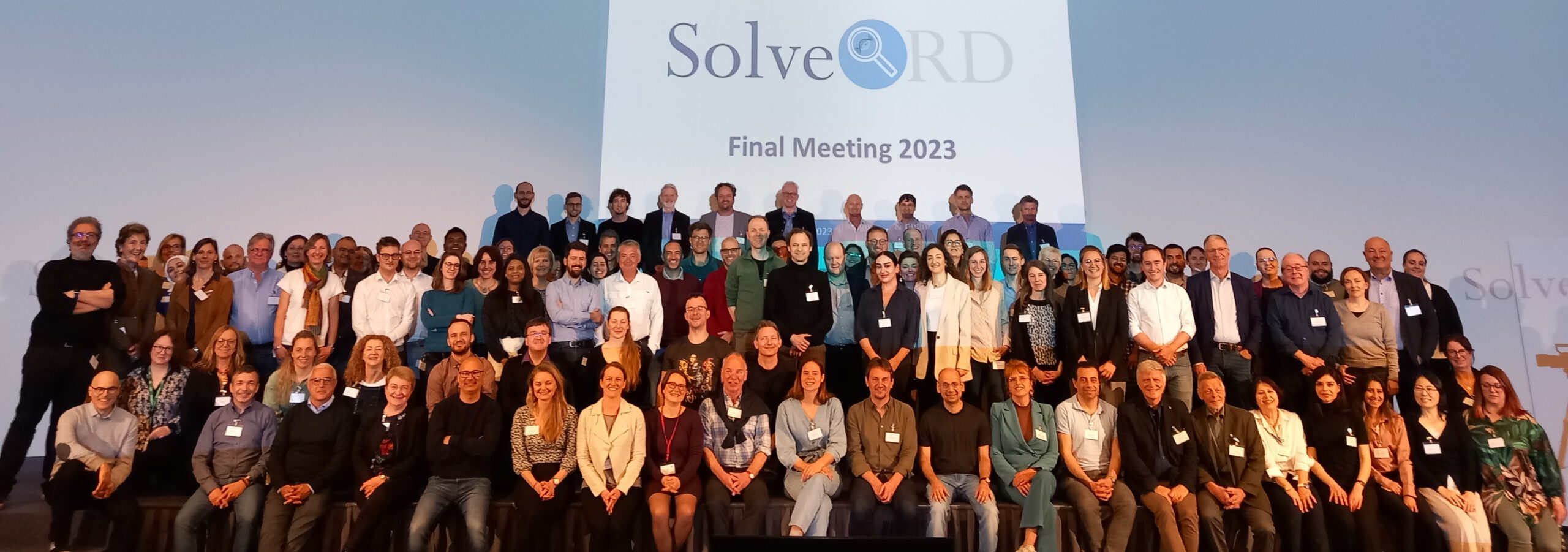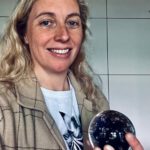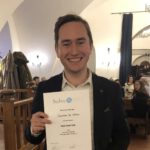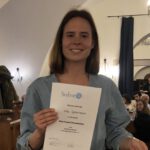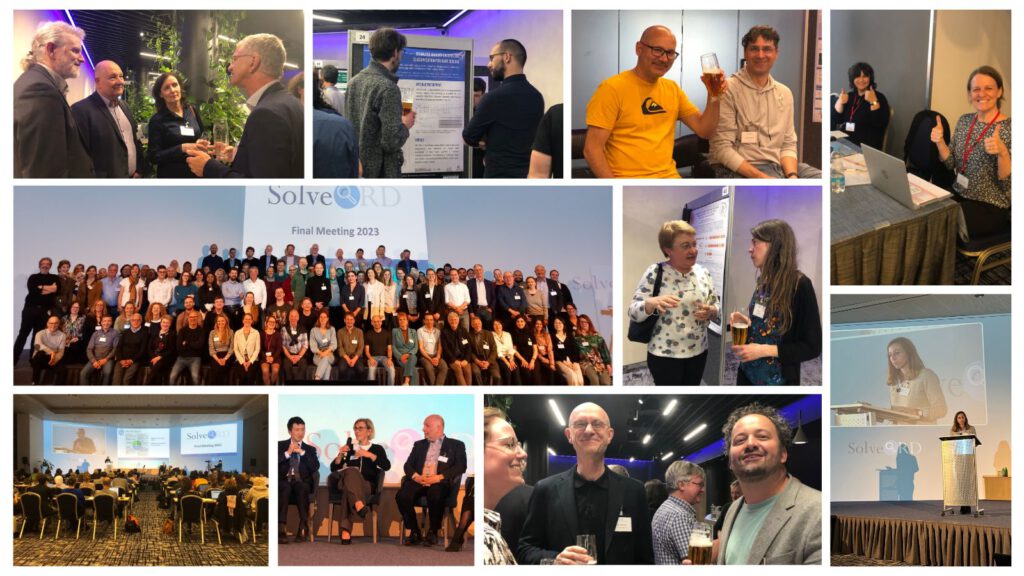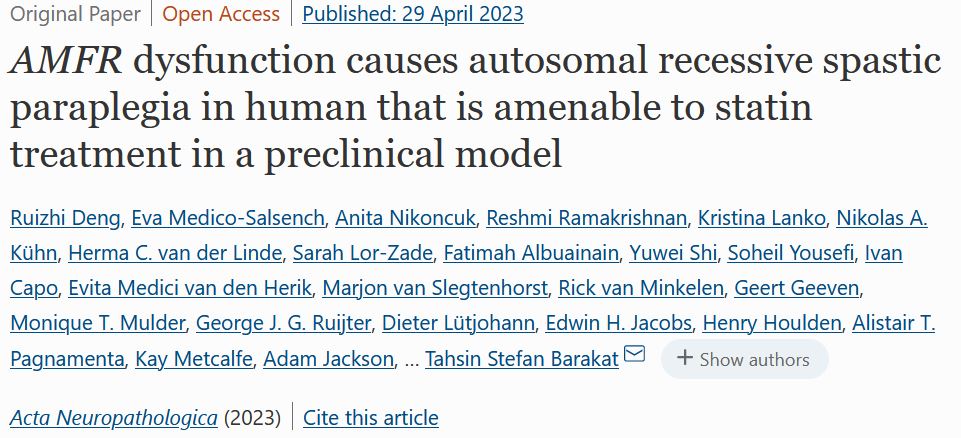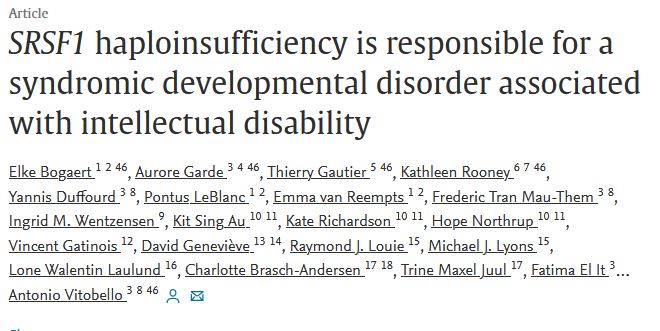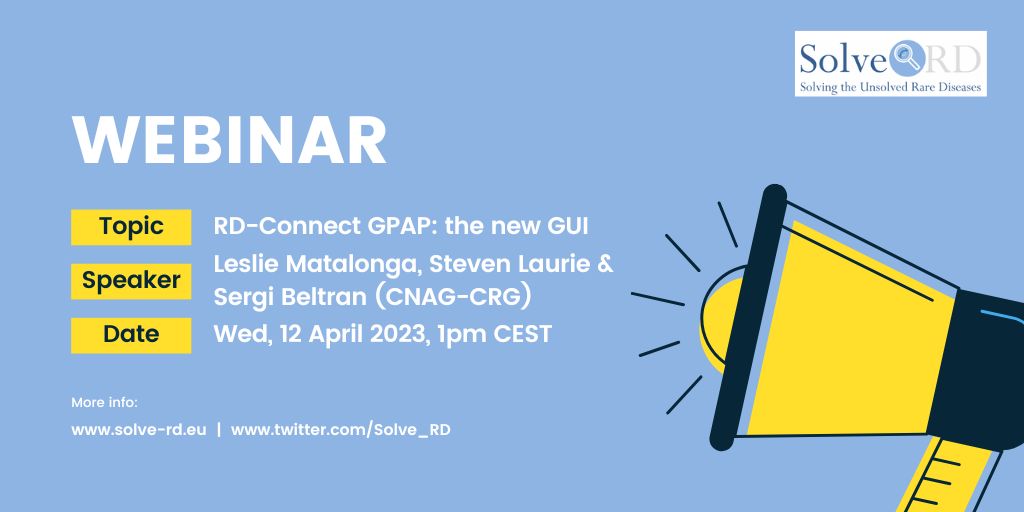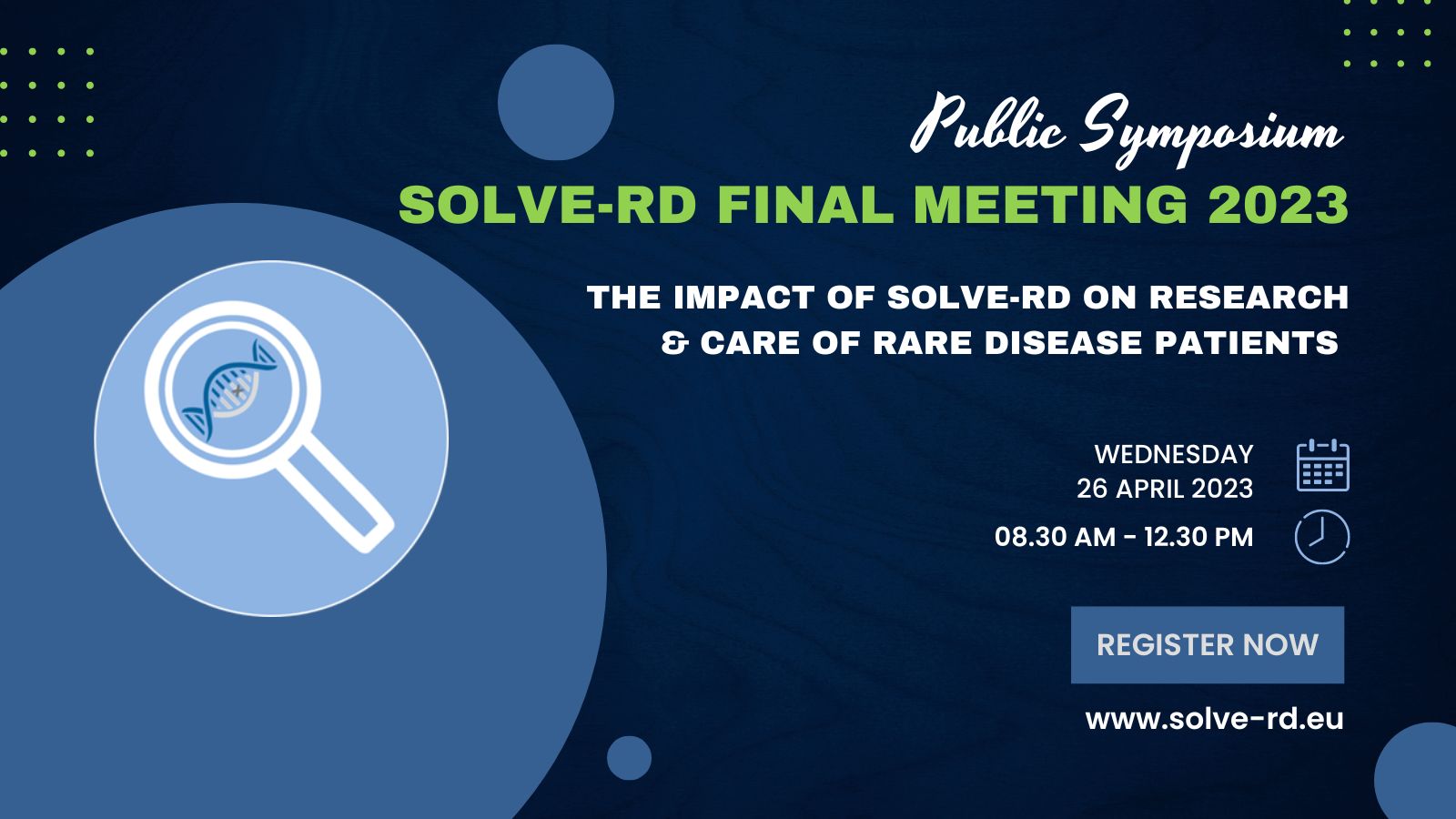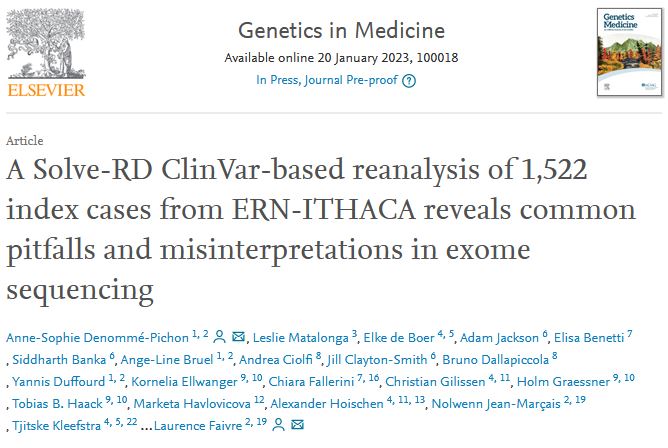Solvathon
Solve-RD is organizing three “Solvathons” - data analysis and interpretation workshops on different topics in the remaining time of the project.
See below the information on the different workshops and please save the dates and register if you are interested to participate.
Solvathon on SR-WGS analysis (online): 6-8 November 2023
Goal: Instruct Solve-RD partners of all ERNs on how to analyze and interpret the results derived from WGS experiments by the DATF working groups with the aim of diagnosing cases.
Analysis cohort: 1,885 novel SR-WGS experiments representing 866 RD families and 1,590 WGS experiments (submitted for re-analysis) representing 764 families.
Audience: All Solve-RD partners that have contributed WGS data or samples for SR-WGS.
Further details (agenda, exact timetable, calendar invite and connection info) will be shared in due time. We plan to have sessions covering only half days in the above timeframe and people are not expected to attend all sessions.
Please get registered and save the date in your calendar!
Solvathon on LR-WGS and OGM analysis (in Nijmegen, the Netherlands): 19-21 February 2024
Goal: Instruct Solve-RD partners of all ERNs on how to analyze and interpret the results derived from LR-WGS and Optical Genome Mapping (OGM) with the aim of diagnosing cases.
Analysis cohort: All Solve-RD LR-WGS experiments and OGM experiments analyzed by the above mentioned date.
Audience: All Solve-RD partners that have contributed samples for LR-WGS and/or OGM. The number of on-site participants is limited and we might have to select participants based on the number of experiments for interpretation. We will facilitate online participation that is open for all interested Solve-RD participants at least for the theoretical part.
Further details (agenda, timelines and pre-registration form) will be shared in due time. Please save the date in your calendar!
Solvathon on multi-omics (in Barcelona, Spain): 6-8 March 2024
Goal: Instruct Solve-RD partners of all ERNs on how to integrate and interpret results derived from multi-omics experiments with the aim of diagnosing cases.
Analysis cohort: All Solve-RD cases with multi-omics experiments.
Audience: All Solve-RD partners that have submitted patients samples analysed by different combined -omics technologies. The number of on-site participants is limited and we might have to select participants based on the number of experiments for interpretation. We will facilitate online participation that is open for all interested Solve-RD participants at least for the theoretical part.
Further details (agenda, timelines, pre-registration form) will be shared in due time. Please save the date in your calendar!

